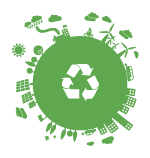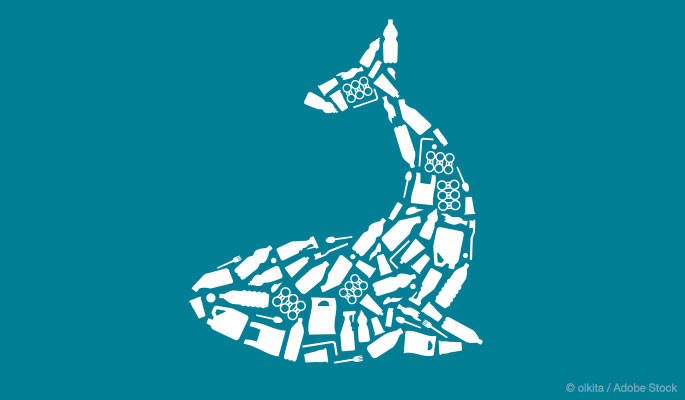
The Challenge Of Banning Single Use Plastic
Walk down any street on any given day, and you will find at least one or more of the most common single-use plastics carelessly thrown about. Once on the ground, these items get washed away during rains and find their way into our sewer systems and eventually out to our water resources.
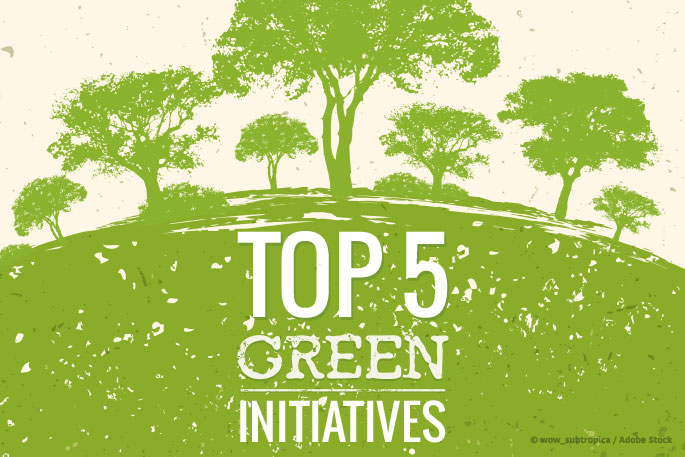
Top 5 Green Initiatives March 2019
Here are this month's Top 5 Roundup on New Sustainable Initiatives making the news - some turned industries on their ear with new schools of thought, while others have progressed to whole new levels. Highlighting this month's stories: The global economy needs to undergo massive shifts in how capital is allocated Transitioning to a low carbon economy will require around $90 trillion in new infrastructure over the next 15 years, according to the bank.
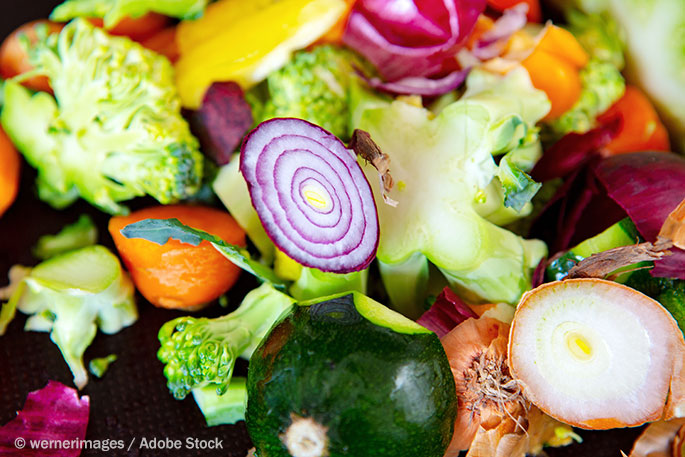
Municipal Programs Encouraging Food Waste Recycling
Imagine tossing your potato peels, chicken bones, and dead flowers into a recycling bin and placing it out at the curb for collection, the same way many people now do with cans and bottles. Is this a practical innovation in recycling or is it just disgusting? In recent years, New York City has begun to recycle organic waste, and the feedback from residents is mixed.

Promote Office Sustainability With Low-Waste Office Parties
Birthdays, holidays, special celebrations: parties can be a staple at the office. They promote workplace camaraderie and help keep morale up.
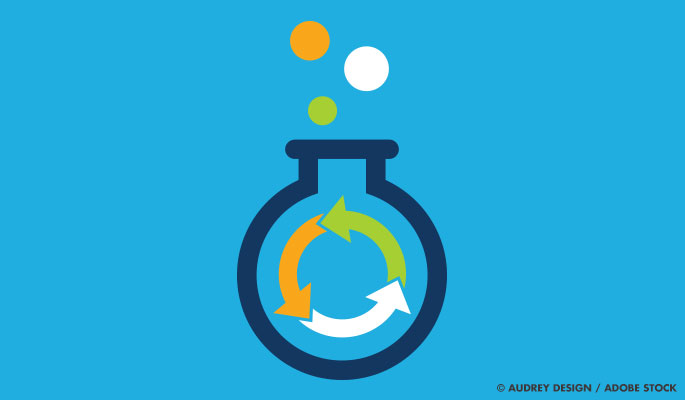
Will Chemical Recycling change the recycling industry?
One of the sad truths about plastic recycling is that only a certain percentage of plastic is suitable for the process, which involves shredding the plastic bottles and containers and then using the material to make new products. The rest of the plastic that many people diligently place in the recycle bins winds up in the landfills.

How To Reduce Food Waste While Saving Money
What if you found out that you could be saving money on your weekly grocery bill while helping to save the environment and world hunger? Sounds too good to be true right? Actually, the solution is simple. All you have to do is produce less food waste.
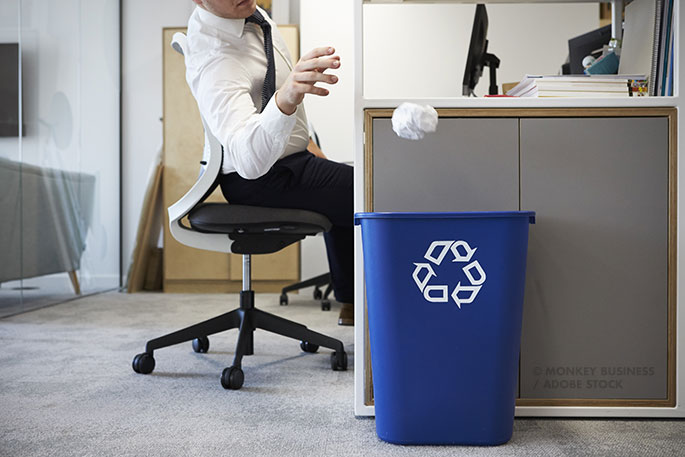
6 Ontario recycling tips for office buildings
Recycling in the workplace is becoming an increasingly important endeavour for many businesses, but even when you commit to more sustainable practices, it can be difficult to know how to put them into effect. Furthermore, recycling is about more than just sorting glass from plastic and making sure that recyclables get diverted from the landfill, and it’s also about making a conscious effort to include more environmentally friendly practices throughout your organization.

Crayola’s ColorCycle Program Takes Aim at Plastic Pollution
Have you ever thought about what happened to all those markers you used once they ran dry? All those hi-liters, whiteboard markers, and so on that allowed to you make the points you needed to in meetings and briefings? Most of us don't. We just get all the use we can out of them, then toss them in the trash before we open a new pack.
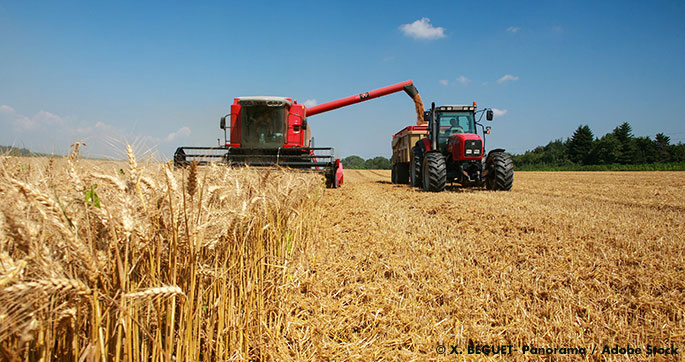
A Circular Food Economy Could Save Money, Health and the Environment
What Kind of Food System Do We Have Now? A linear economy is one that prioritizes production and profit over all else, ignoring costs accrued in waste, pollution and health impacts. According to a new study by the Ellen MacArthur Foundation, the linear food economy is responsible for USD 5.

Creating A Recycling Market With Software
With China's ban on further scrap plastic imports and subsequent restrictions by Southeast Asian countries such as Vietnam and Thailand, sellers of plastic suitable for recycling have been scrambling to find other markets for their product. The idea, of course, is to keep as much plastic out of landfills and the oceans as possible.



































































































































